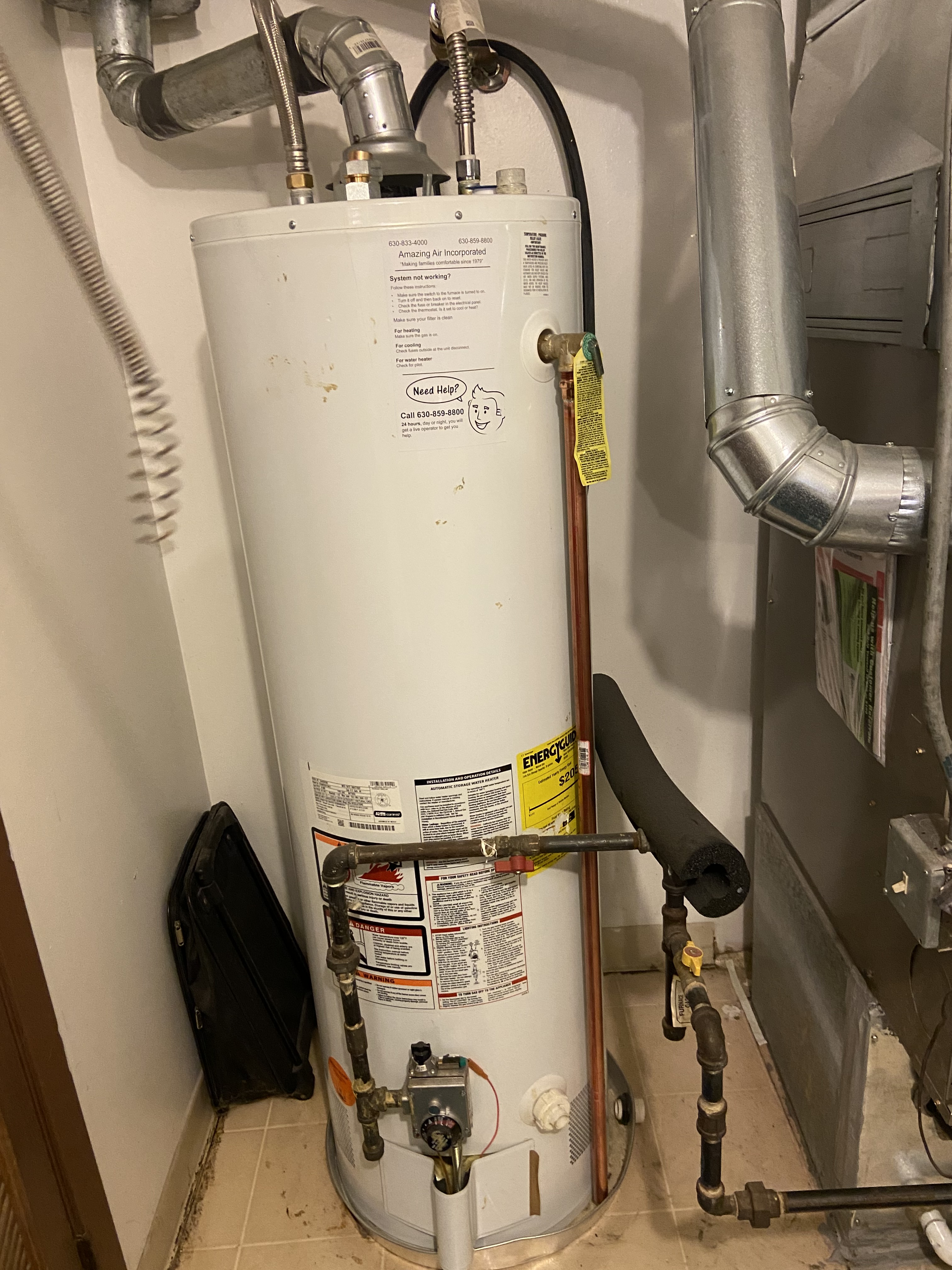Boiler in Aurora, IL
Keeping your home warm and safe through Aurora winters depends on a reliable boiler system. Whether you need emergency boiler repair, routine maintenance, a replacement, or an efficiency upgrade, understanding common problems, the diagnostic process, and realistic solutions helps you make the best decision for comfort, safety, and long-term value at Amazing Air Inc., Comprehensive boiler services for Aurora, IL homes and nearby communities, explains why timely action matters in a cold climate, and walks through the typical on-site process from assessment to post-service testing.

Why boiler service matters in Aurora, IL
Aurora experiences long, cold winters and temperature swings that strain heating systems. Boilers working under heavy seasonal load are more likely to develop leaks, scale, failed components, or control problems. Prompt repairs and regular tune-ups reduce breakdown risk, improve fuel efficiency, extend equipment life, and protect radiators, piping, and floor systems from damage.
Common boiler issues in Aurora homes
Homeowners typically call for these problems:
- No heat or intermittent heat delivery
- Cold radiators or uneven heating across zones
- Pilot light or ignition failure on gas boilers
- Low pressure, frequent pressure drops, or leaking fill valves
- Kettling, banging, or popping sounds from scale buildup
- Short cycling that wastes fuel and stresses components
- Leaks from the boiler body, valves, or pipe joints
- Fault codes or lockouts from control failures
- Faulty thermostats or zone valve issues causing incorrect control
Boiler services offered
- Emergency boiler repair for sudden loss of heat, leaks, or safety concerns
- Routine maintenance and tune-ups including combustion checks, cleaning, and safety inspection
- Boiler replacement and retrofit options for older or inefficient systems
- Radiator servicing and balancing to restore even heat distribution
- Safety inspections covering backflow, pressure relief valves, venting, and combustion safety
- Efficiency upgrades such as condensing boilers, high-efficiency burners, or smart controls
- Common fault diagnostics with clear findings and repair recommendations
- Warranty and financing information explained plainly to help with budgeting and long-term protection
Recommended boiler types for Aurora homes
- Condensing gas boilers are the most energy efficient for natural gas-fed homes, recovering heat from flue gases to reduce fuel use. They are especially valuable in cold climates where seasonal savings add up.
- High-efficiency oil boilers remain common in areas without natural gas. Modern oil boilers with advanced burners and controls offer better combustion and lower fuel use than older models.
- Electric boilers and heat pump integration can be attractive for homes transitioning away from fossil fuels or adding supplemental systems like radiant floor heat.
Selecting the right type depends on fuel availability, existing system piping, home heat load, and long-term efficiency goals.
Typical diagnostic and service process
A transparent, step-by-step process helps ensure the work is safe, efficient, and durable:
On-site assessment
- Visual inspection of boiler, valves, piping, radiators, and venting
- Review of system history, recent symptoms, and thermostat settings
Safety checks
- Combustion air and venting evaluation
- Pressure relief valve, expansion tank, and gas connections inspection
Performance diagnostics
- Measure pressure, temperature differentials, and combustion efficiency
- Check ignition, flame sensor, pump operation, and control board for faults
Findings and options
- Clear explanation of root causes, repair options, and replacement recommendations
- Estimated timeline for repairs or upgrade scenarios
Repair or retrofit work
- Parts replacement (valves, pumps, sensors, controls), pipe repair, or full boiler swap
- Radiator balancing and zone setup if required
Startup and calibration
- System fill, purge air, set correct pressures and temperatures
- Calibrate control settings for optimal efficiency and comfort
Post-service testing and documentation
- Final combustion test, leak check, and operational verification
- Provide service record and recommended next steps for maintenance or warranty registration
Common repairs and what to expect
- Replacing failing circulator pumps, expansion tanks, or pressure relief valves restores reliability and prevents leaks.
- Repairing or replacing burners, ignitors, or control boards resolves ignition and short cycling problems.
- Addressing scale and corrosion often requires chemical treatment, component replacement, or recommending a replacement if damage is extensive.
- Converting non-condensing boilers to condensing operation is usually not feasible; instead, a replacement with a condensing model is recommended when efficiency gains justify the investment.
Safety, warranties, and financing
Safety is the top priority. Proper venting, combustion testing, and pressure relief checks are vital to protect occupants and property. Many manufacturers provide transferable warranties on new boilers and major components; understanding coverage terms helps avoid surprise costs. For homeowners weighing replacement versus repair, financing options and extended warranty plans can make higher-efficiency equipment more manageable while protecting the investment.
Maintenance tips to extend boiler life
- Schedule an annual tune-up before the heating season to catch issues early.
- Bleed radiators and check zone balance to keep distribution even.
- Monitor system pressure and report sustained drops or frequent fills.
- Keep surrounding areas clear for proper airflow and service access.
- Consider a whole-home water treatment if hard water is present to limit scale buildup.
Customer Testimonials
Exceptional service and professionalism, exceeding expectations every time.
Service Areas



